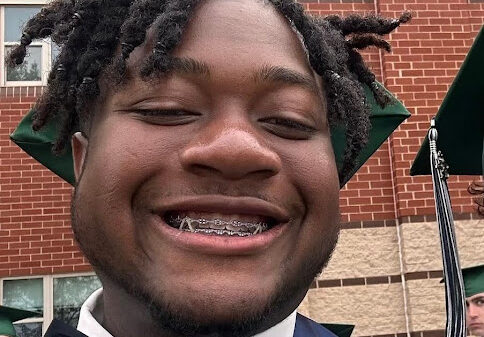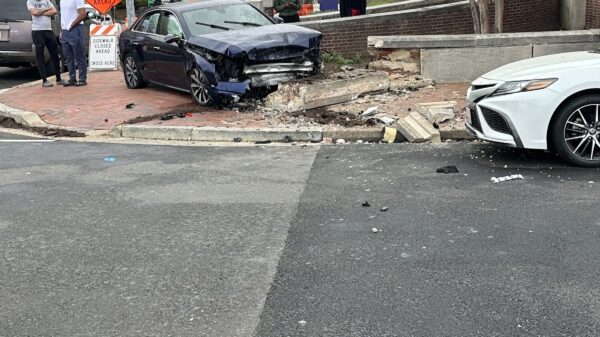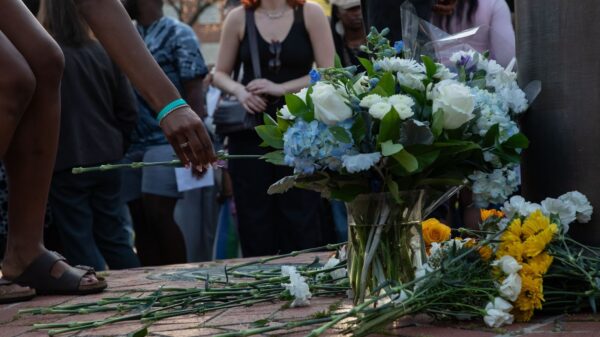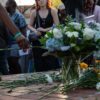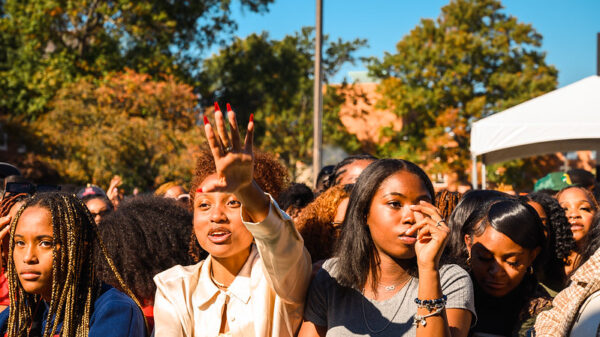
Earlier this month, the Washington Metropolitan Area Transit Authority (WMATA) announced possible Metro extensions that could include new stations in Georgetown and National Harbor.
The WMATA presented six potential metro expansion plans to their board of directors on Sept. 9. These recommendations were the result of a two year study to investigate capacity issues on the Orange, Blue, and Silver Lines.
Even before the pandemic, these lines were known for overcrowding and delays during peak hours. Coupled alongside new projected rider growth for 2021, finding a solution to these issues became a priority for the WMATA.
“Growth is great. It’s fantastic. We all want it, but we also have to realize the pressures we put on our system.” Paul Weidefeld, WMATA general manager and CEO said during the presentation.
Partners at WMATA project a 37% population increase and a 30% job increase in areas within a two mile radius of these lines.
“That increase, that growth is great, but it’s likely to increase ridership and that peak hour crowding,” Mark Phillips the principal planner and senior economic analyst for WMATA said. “We don’t have the ability to run or operate enough trains to reach that level of demand,” he continued.
To address this, the Blue/Orange/Silver Capacity and Reliability Study (BOS) produced a broad selection of expansion plans. These plans provide a variety of solutions that include revitalization of the Metro bus system, Blue and Silver Line expansions, the building and expansion of new stations and even a no-additional-construction-projects option.
The most cost-effective and beneficial plan the committee identified was a Blue Line expansion loop that would connect at a National Harbor station. This proposal calls for a realignment of the Blue Line, a second Rosslyn station, and a station in Georgetown.
This Blue Line expansion is projected to cost between $20 and $25 billion in construction and $150 to $175 million in annual operating expenses. However, it has the highest projection of new annual revenue out of all of the presented plans, about $154.2 million.
“Some of the reasons why the Blue Line to National Harbor scores well on benefits is because it serves a lot of areas that don’t have high access to transit today and expands a lot of access in equity areas as well as areas targeted for growth and development,” Phillips said.
Regardless of the option that is selected, this is still only the beginning of a very lengthy process. In order to potentially secure federal funding for the project, leaders at the WMATA are strictly following federal guidelines for infrastructure project developments. According to their report, major capital projects like the ones proposed can take longer than 20 years to complete.
The WMATA’s next step will be presenting these options to the broader public and facilitating another round of feedback from the community, politicians, and other stakeholders. Meaning the extension proposal that the board of directors commit to in 2022 could look different from the ones presented.
“We do have these six alternatives for your consideration and we will be discussing with the public, but none of them should be viewed as the Locally Preferred Alternative,” Phillips said. “That solution may be one of the six alternatives shown here today or it could be a combination of components from different alternatives.”


